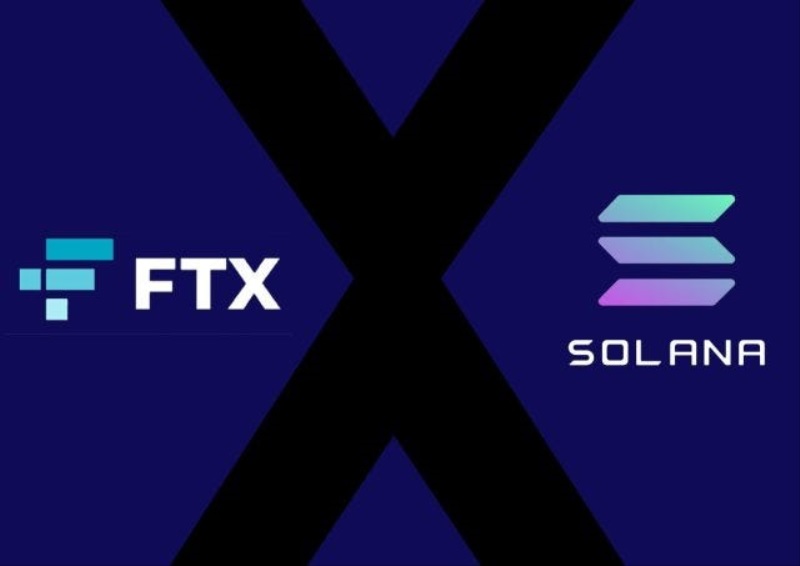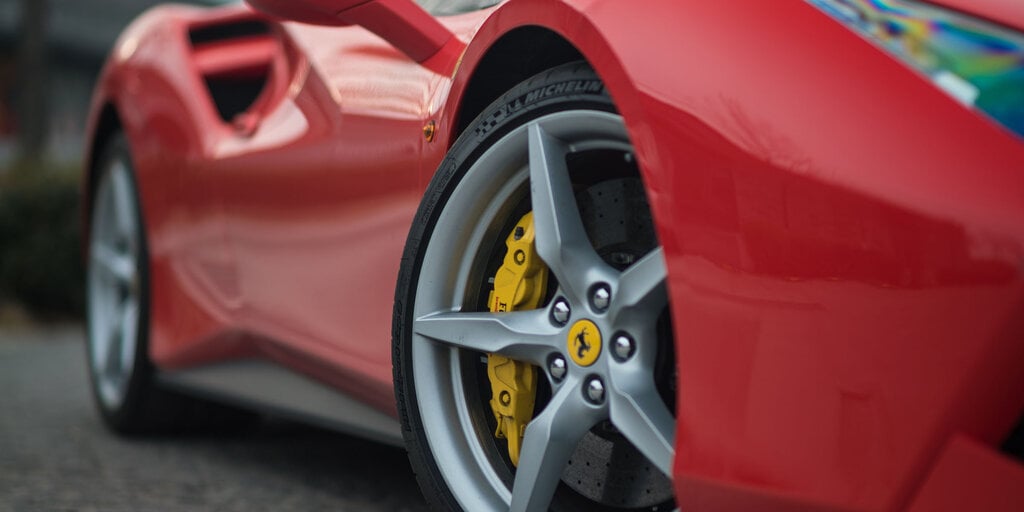Web3🌕Update: Upbit's License, Aussie Exchange Proposal, FTX's Solana Stake, and Ferrari's Crypto Venture
1. Upbit Secures Singapore License
2. Australia's Crypto Exchange Proposal
3. FTX Stakes $122M in Solana
4. Ferrari Adopts Crypto Payments
Explore for deeper insights!🌞
Hello and welcome to a new week! We're here to kickstart your Monday with the latest highlights from the Web3 world. Upbit celebrates a significant milestone with its newly acquired Singapore license. Meanwhile, Australia proposes regulatory measures for crypto exchanges, aiming to balance consumer protection and innovation. FTX makes headlines by staking a substantial $122 million in Solana, demonstrating renewed confidence in the digital asset. In a bold move, Ferrari opens its doors to crypto payments, targeting a new generation of potential buyers. These stories are shaping the future of Web3, so let's dive in for a closer look!
1. Upbit's Triumph: Securing a Singapore License
Upbit Singapore, South Korea's largest exchange, received initial approval for a Major Payment Institution (MPI) license from the Monetary Authority of Singapore (MAS). This enables them to provide digital payment token services to institutional investors while awaiting full license. CEO Alex Kim sees this as a strategic milestone, solidifying their presence in Singapore's financial landscape. Compliance chief Azman Hamid emphasizes their commitment to building in Singapore, aiming to establish it as a leading hub for the future of finance. Once fully approved, Upbit will be among 15 crypto firms with full MPI licenses from MAS. In October, Coinbase, Ripple, and Sygnum Bank's Singaporean entities also secured licenses, bringing the total to 15.

2. Australia's Crypto Exchange Proposal: A Regulatory Shift
The Australian Treasury's consultation paper outlines plans to regulate crypto exchanges, requiring them to obtain a financial services license from ASIC. Exchanges holding over $3.2 million or $946 per user would be affected. The proposed framework focuses on regulating exchanges and service providers, emphasizing consumer protection and innovation support. While some, like Swyftx's Adam Percy, view the proposal as thoughtful, others, like Kraken Australia's Jonathon Miller, are disappointed, seeing it as shoehorning crypto into existing financial services regulations. The Treasury's proposals are suggestions and not binding recommendations, as feedback is encouraged until December 1, 2023. The paper may not fully address pressing issues, such as de-banking challenges faced by licensed crypto exchanges.

3. FTX Takes a Bold Step: Staking $122M in Solana
FTX, facing bankruptcy, has staked 5.5 million Solana (SOL) worth $122 million, signaling its intent to hold onto its SOL investments. This move follows concerns that the exchange might liquidate a significant portion of its SOL holdings, potentially influencing the market negatively. FTX had previously received court approval to liquidate its crypto holdings valued at $3.4 billion in a bid to settle its debts.
SOL has shown resilience, registering a 16.06% increase over the last month despite the worries associated with FTX. There were rumors circulating that FTX could potentially disrupt the Solana blockchain if it decided to liquidate traders' long positions, but these rumors were debunked as false. Currently, SOL is trading at $21.98, showing a 2.34% gain in the last day. Its daily trading volume has risen by 10.18%, amounting to $267.07 million. Despite its bankruptcy status, FTX remains a significant player in the Solana ecosystem, owning 10% of SOL’s total supply along with other major crypto assets.

4. Ferrari's Cryptocurrency Drive: Embracing Digital Payments
Ferrari, the luxury carmaker, now accepts Bitcoin, Ethereum, and USDC for their sports cars in the U.S. They're partnering with BitPay for conversions. Ferrari aims to tap into a younger, crypto-affluent demographic. Other automakers like Lamborghini, Nissan, and BMW also allow crypto purchases. Tesla, once a leader, halted Bitcoin payments in 2021 due to energy concerns. Ferrari's move aligns with efforts to make cryptocurrencies more environmentally friendly. In Q2, about 17.5% of Ferrari's shipments went to the Americas. Their latest model, the 812GTS, costs nearly $430,000 or around 15 Bitcoin. While luxury items like yachts and residences have been bought with Bitcoin, Virgin Galactic even accepts it for space flights.

As we embark on a fresh week in the realm of Web3, we've unveiled a series of captivating developments. Each of these milestones signifies a significant stride toward a more integrated digital future. To gain a deeper understanding of these transformative trends, continue exploring for comprehensive insights. Stay tuned for more Web3 adventures!"








